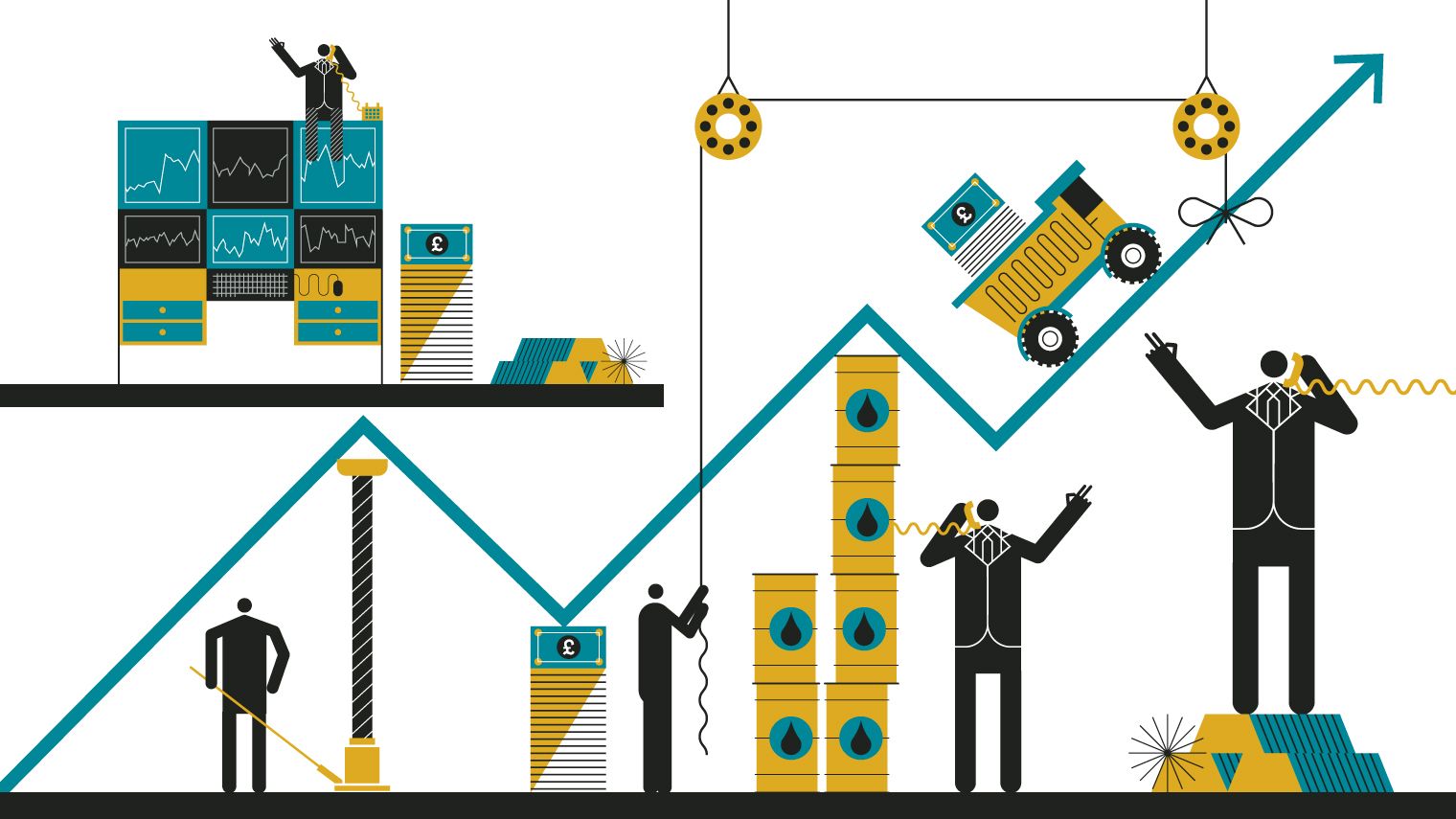Day Trading Tips and Strategies
Day trading is a popular way to use active investing to earn a living on the stock market. But it’s not a foolproof path to a steady income, and the things that you do (and don’t do) as a day trader will have a huge impact on your results. Here are a few keys do’s and don’ts to keep in mind, according to stash app review.
Do use a trading strategy
A lot of advanced active trading strategies are out there to help you beat the market. For instance, you could use swing trading strategies to identify price “swings” and minimizes risk in trading. Mastering a trading strategy will help you make decisions more quickly and more consistently. You’ll avoid “going with your gut” and will be able to make more informed decisions.
Don’t use a bunch of trading strategies
If one trading strategy is good, are multiple trading strategies better? Not necessarily.
While some trading strategies are related, others can come up with conflicting advice. That’s OK — no single strategy will be 100 percent correct all of the time — but knowing about all the disagreements can be confusing.
All of this noise can lead to you relying on your gut all over again. According to etoro app review, if you pay attention to too many strategies, you’ll never master any of them and will make decisions inconsistently that could expose you to more risks.
Do keep an emergency fund and a nest egg in “safer” places
You can make a lot of mistakes in day trading — certainly, more than we could list as “don’ts” here. But with careful research and consideration, strategic trading, there’s a good chance that you’ll make money day trading.
A good chance — but not a 100 percent chance. Far from it. In fact, especially over shorter periods. It is very easy to lose money day trading, which is why you should always have money elsewhere.
You should never use your retirement nest egg as a guinea pig for your day trading strategies. Keep those savings in relatively safe, slow-growth spots like a diverse portfolio of large-cap stocks. And keep an emergency fund on hand, too. You’ll need it when things don’t go well for you on the market.
When you start doing well again, fill your emergency fund back up before you start gambling with your gains. Your emergency fund should be in a liquid place like a bank account — while some people invest their emergency funds, day traders should not do so. Check some day trading options.
Don’t over-leverage yourself
In the stock market, risk and reward go hand in hand. When you put a lot of money on the line, you’ll stand to make more, and vice versa.
And, sometimes, you’ll be able to bet more than you have on hand. You can “short” a stock, for instance, promising to sell it (or selling an options contract that could force you to sell it) even though you don’t actually own it. If the stock plummets in value, you’ll be fine — but if it grows and grows, your losses could be extremely high.
Or perhaps you’ll find a chance to trade on margin — your brokerage could loan you the money to make a stock purchase. If your purchase works out and the stock’s value goes up, you can pay back your brokerage and keep the profits. But what if it doesn’t?
Don’t let your eyes get bigger than your wallet. Be extremely careful about how much you leverage your position, and never extend yourself beyond what you could afford to pay back without dipping into your nest egg. No less an investor than Warren Buffett has warned against the perils of leveraged trading.
Do stay calm and keep perspective
Day trading isn’t easy. Many day traders lose money, and even the best ones don’t make money all of the time. You will have bad days as a day trader, just as surely as you will have good ones.
And when bad things happen, remember that you enjoy this job. Remember that you’ve taken steps we already mentioned to protect yourself — you have an emergency fund, and your nest egg is safe (and if you haven’t followed our advice above yet, then start now).
Panicking when you’re losing money can hurt you more. Keep your perspective. Remain calm. Make the moves that you can make to position yourself well going forward, and move on.
There’s no point in trying to grow wealthier if you can’t preserve your work-life balance and actually enjoy the better life that you’re building for yourself. On good days and bad ones, remember why you do what you do!



















